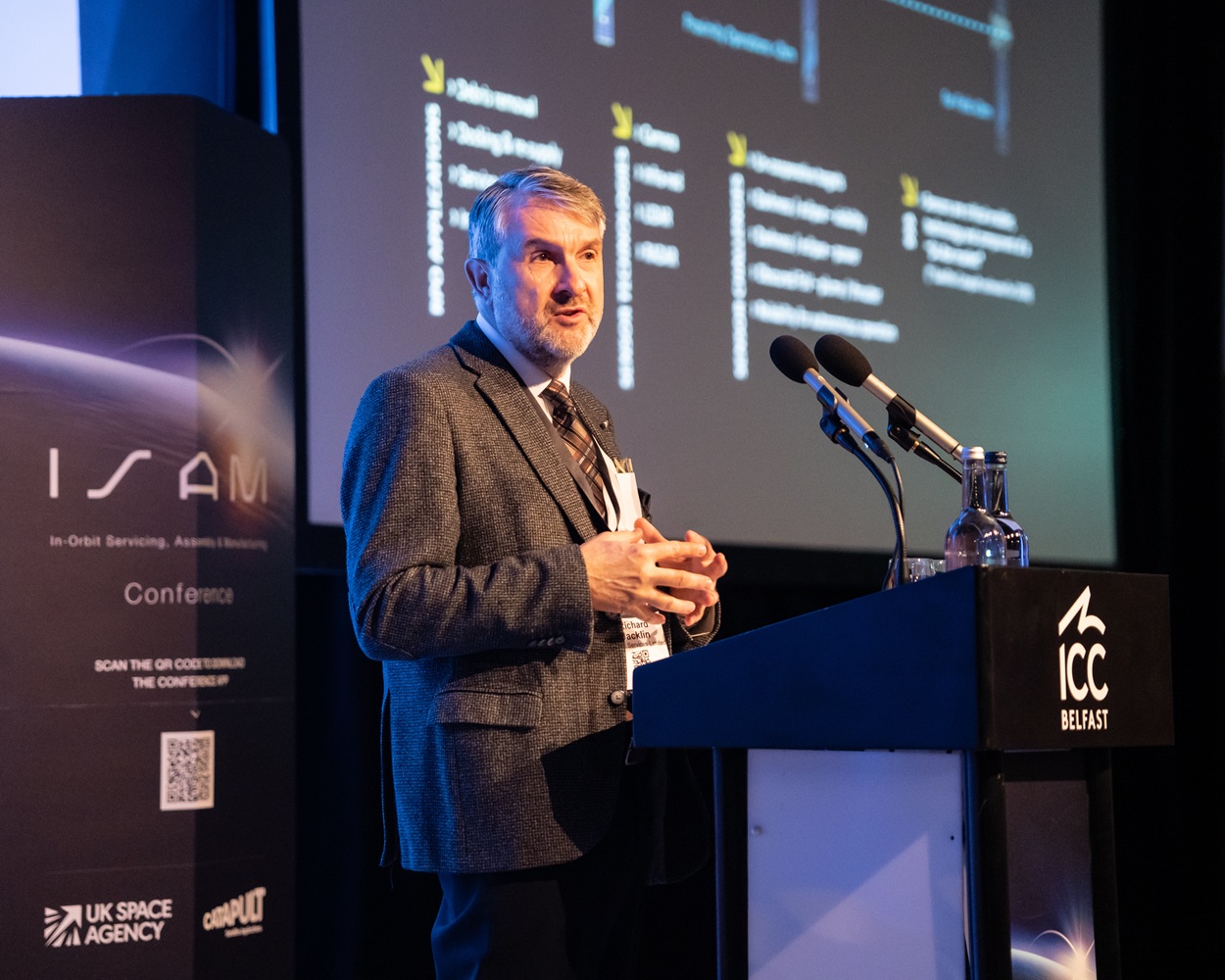Could blockchain help prove military airworthiness?

Blockchain is a type of distributed ledger technology (DLT), an umbrella term that describes a record of data that can be shared across multiple sites, geographies or institutions and is decentralised to eliminate the need for someone to ‘process, validate or authenticate transactions’(1).
DLTs are well known in relation to Bitcoin but they can do more than facilitate a digital currency. The concepts and structures that underpin them and the blockchains that enable them can be applied to other areas of economic, operational and social activity. Some commentators believe the impact of DLTs on British society may be as significant as the creation of Magna Carta(2).
Military aircraft
Across the armed forces, there are approximately 800 service aircraft that need to be proven airworthy, certified to fly and ready to be deployed in an instant.
A wide range of stakeholders are involved in achieving this level of operational readiness and certainty. They may come from different sectors, be based in other parts of the world and be working to another authority’s standards. This is where blockchain technology could simplify the process of procuring and developing trust in their products and services.

Image whiteMocca / Shutterstock
The benefits to blockchain
Blockchain could help organisations save time and costs, and optimise asset management – particularly in three key areas:
- Supply chain management
The technology could be used to verify the origin of products and services and reduce complexity across the supply chain.
For example, it is likely the materials required to develop and construct a single military aircraft will be outsourced from other countries; will have to be manufactured to a specific grade; and be handled in a certain way. The aircraft owner or operator must be able to trace the products back along the supply chain, through different tiers of suppliers, and be able to assure a part received for use in the aircraft has come from a reliable source.
- Certification and maintenance
Blockchain may be able to help authorities ensure documentation has not been compromised.
To do this, they could use quick response (QR) or radio frequency identification (RFID) codes and assign them to different parts, or even different shipments of materials, to validate their quality and integrity. These codes could then be stored in blocks on a blockchain.
The blockchain would assure owners and operators the data or digitised product meets the requirements set out in the relevant purchase order and offer them assurance over a part or material sourced from a less regulated country or environment. If there was a problem, e.g. early failure of a part, the operator could determine where responsibility lies.
- Smart contracts
These are self-executing contracts that have the terms of the agreement written into lines of code.
Smart contracts have the potential to save the purchaser and its suppliers time and money. The contracts would execute automatically as items move through the supply chain. They could be introduced when exchanges are simple and higher in frequency.
Each would save small amounts of time and money, but due to the frequency of them, the savings would accumulate. In addition, suppliers’ performance and deadlines could be monitored through the contracts, and issues or inconsistencies could be flagged.
Feasibility
There are questions that would need to be answered before solutions like these could be implemented. For example, how transparent should we be? What information should suppliers see? Another consideration is how far to take the digital solution. It might be more efficient to confine the manufacturing part of the process to its own blockchain, and the complexity of military aircraft may mean that trying to impose an overarching blockchain solution on the whole process becomes too cumbersome.
Exploiting its potential
Establishing a framework around blockchain has the potential to transform the process of ensuring military aircraft are deemed airworthy. A number of industries are already exploring – and indeed benefiting – from the efficiencies and cost savings afforded by adopting blockchain. Now is the time to consider how it could be used to build trust and drive innovation for the Armed Forces.
Footnotes:
(1) https://tradeix.com/distributed-ledger-technology
(2) Swan, M. (2015) Blueprint for a new economy
, O’Reilly Media, Inc. doi: 10.1017/CBO9781107415324.004














